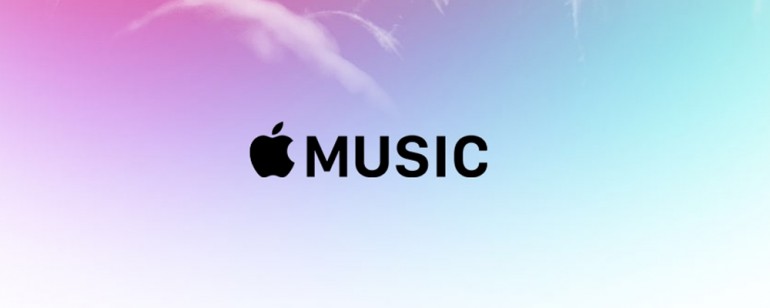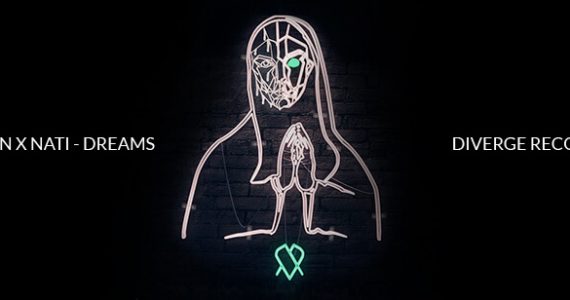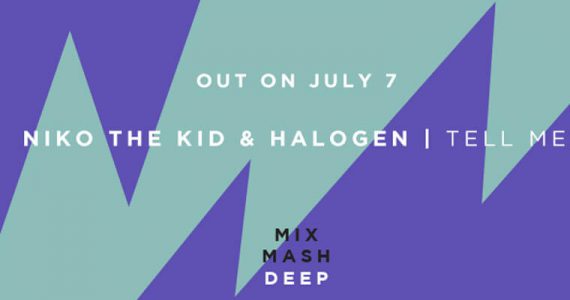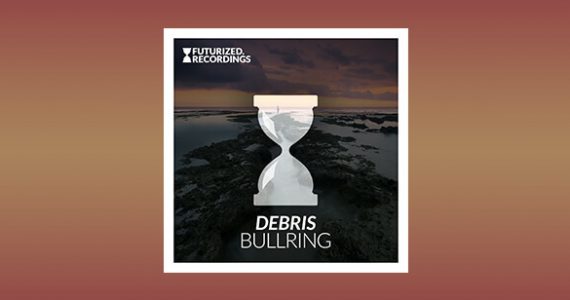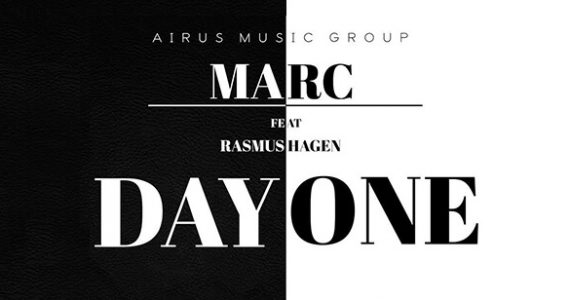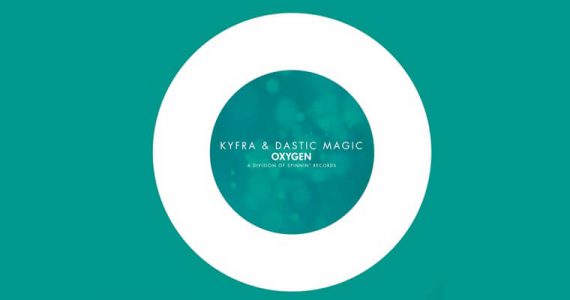Apple Inc. has recently announced a partnership with Dubset Media Holdings. Apple Music now has the ability to legally stream derivatives of copyrighted works (aka mash-ups, remixes, mixes, samples in tracks, etc.)!
So what does this mean to you? I want to first bring you through the importance of this partnership and what it means to the music industry. Secondly, I want to try to convey why it is important to you – the listener, the music lover, the fan.
So, on to the importance to the industry. Dubset Media Holdings (the company I mentioned earlier that Apple has partnered with) has the technology in place to break down tracks into small portions and identifies copyrighted works that are used in each tiny section of a track. This means that the royalties granted from the playing of tracks will be distributed between not only the mix’s artist or DJ, but also to the labels, artists, and other original copyright owners. Summary: The monies go to where the monies should go and everyone is happy. Dubset’s technology can be used on other platforms and most likely will, if the industry likes this solution.
Now, why is this important to you? Well, if you are like me, you spend a lot of time on YouTube or SoundCloud listening to tracks (or Apple Music or Google Music or Spotify or whatever the hell else you peeps use to get your music). The ability to legally stream audio that is sampled or remixed from copyrighted material (and to pay royalties to the original copyright owners) helps to keep streaming services from getting destroyed by copyright infringement and lawsuits from record labels or others in the industry. It also makes it easier for us to get our much anticipated remixes in a legal way.
There is no word as to when this service will roll out in Apple Music as I’m writing this. Fingers crossed, it happens soon. Regardless, if this partnership between Dubset Media Holdings and Apple Inc. proves to be successful, we could see a whole bunch of great remixes and mash-ups coming to Apple Music as well as possibly (legally) coming to other music streaming services in the future.


